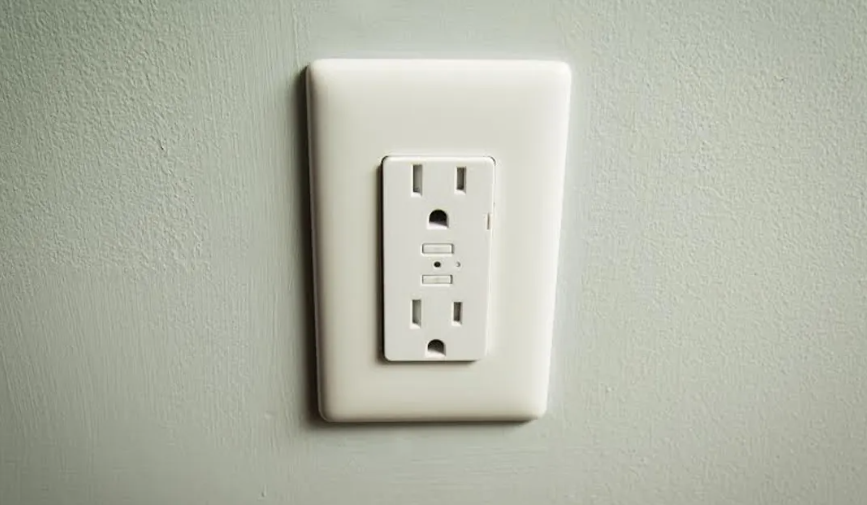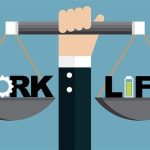Did you know that you could save energy and reduce electric bills just by unplugging some common home appliances from light sockets?
With the daily increasing high cost of energy, it becomes ideal to reduce energy wastage that you probably never knew you were wasting.
Did you know your home appliances still draw power, even when they aren’t in use?
So, it’s to your benefit to unplug appliances that you are not using.
Doing so will save you both electricity and money.
ALSO READ: Top Smartphones With Highest Radiation Emission: Check If Yours’ Among
Note that even when you turn off some appliances, some continue to run certain functions in the background if you don’t unplug them from light.
So, unplugging them would stop energy from silently draining out and increasing your bills.
Meanwhile, how much money does unplugging appliances actually save?
Also, is the energy savings you get from unplugging appliances even significant?
Below, we’ll explore why unplugging appliances can lead to savings and how much you could stand to save.
Also, you will learn ways to help make disabling plugged-in appliances easier.
But before we dive into that, you should know that energy shortage is currently a global issue.
In Nigeria for instance, the national grid keeps collapsing every now and then.
The frequent collapse force Nigerians into darkness, resulting in many people spending too much on alternative sources of power.
Likewise, the global community is also currently experiencing energy shortages, partly because of the ongoing war in Ukraine.
With Russia launching invasion into Ukraine, most countries of the world have rained economic, political and other forms of sanctions against Russia.
Also, countries and businesses have, in the bid to force Russia to stop the war, ceased to trade with Russia.
These sanctions have crippled the sources of energy earlier available to many other countries, especially Europe.
Keep in mind that Russia is one of the highest exporters of energy in the world, especially to Europe.
Consequently, Europe is hardest hit as majority of its energy source comes from Russia.
Recently, the German government said it would commence rationing of energy for Germans, following energy shortages.
Meanwhile, some African countries like Nigeria are supposed to benefit from this development because of their economic positions.
However, the reverse is the case as Nigeria has equally suffered shortages of gas and other energy sources.
Fuel, as at early March, sold as high as even N1000 per litter in some states. That is for the available ones.
Otherwise, there were serious shortages.
To make matters worse, the country recently witnessed at least three national grid collapses in one month, which left many Nigerians in darkness.
This further escalated the fuel crisis.
Nevertheless, although power seems to have come back, it is not stable, not like it has ever been stable for decades anyways.
Consequently, Nigerians have continued to sought alternative ways to power their homes.
Energy Alternatives For Nigerians:
For decades, Nigerians have embraced alternative sources of power.
Among the sources and beyond the ones by both the generations and distribution companies in the country are as follows:
Many Nigerians now invest heavily in solar to have light.
Others stop at just investing in inverters that save electricity during the day and use it during nights to power their homes.
These are, rather, way more expensive than the common trends of buying fuel to run generator sets to power homes.
However, buying of fuel and diesel are equally very expensive now.
Although these sources of energy are serving the people, the people end up spending even more.
It will surprise you then that Nigerian businesses and households spend a whopping $22 billion (about N9.053 trillion) annually to fuel their generators.
This is according to a recent report contained in “Investment Climate and Exceptions to National Treatment.”
The Energy Commission of Nigeria (ECN) launched the report recently in Abuja.
The report also revealed that Nigeria is the largest African importer of diesel generators.
Nigeria also is largest importer of back-up diesel generation at a national average of 5.6 persons per household.
My neighbour said she spends more than N10, 000 monthly on fueling her generator to power her house.
Many households face similar expenses.
Some businesses spend as much as over N50, 000 monthly on diesel monthly.
The revelation:
Meanwhile, as the people look for alternative sources to power their houses, they neglect common home appliances that end up consuming too much energy.
Unplugging them from light completely, even though you turned them off, will help you reduce electric bills.
Why does unplugging appliances save money?
According to Energy.gov, your appliances actually still use energy even when you turn them off but still plugged in sockets.
Whether you switched off the devices or put them in standby mode, they still consume energy.
Some of the worst offenders are:
One example of devices that could easily be unplugged include TVs and fridges.
Others are media players like a radio or CD player.
Others are Laptops, old wireless phones, lamps and electric fans.
Also, a device that may still use energy in the form of permanently on lights or other displays showing the device is off.
Another set of devices are computers that were simply put into sleep mode.
Likewise, chargers that still draw power even if the device is not connected.
Also, media players that continually draw power, especially ones that still might scan for updates in the background
Additionally, phones with displays that show when not in active use, like cordless phones.
Among the list are new smart home appliances like refrigerators, washers and dryers that have always-on displays, internet connectivity and electronic controls.
How much money you save by unplugging home appliances:
The energy that appliances consume while not in active use is called standby power.
Standby power accounts for 5-10% of residential energy use, according to the US Department of Energy.
Unplugging devices could save the average household up to $100 per year.
However, how much you save could depend on how many devices you use and your habits with them.
For instance, an educational experiment from Colorado State University found that a combo radio/CD player/tape player used 4 watts continually whether it was in use or not.
Unplugging it when not in use would save 100 times as much power during the lifetime of the device.
Also, if you are in Nigeria and have fixed your broken refrigerators, then know that your fridge consumes constant power.
This is a common occurrence as the problem could be that Engineers here have not yet gotten how to best fix fridges to stop constant consumption of power.
Unlike the new ones that stop consuming enough power when they reach freezing points.
Implications:
This report reveals to you how to save energy by unplugging home appliances you are not using.
It also shows you how you can save money by doing so.
It also shows you home appliances that consume energy and make you spend more even while they are at standby mode.
If you begin now to unplug your home appliances that you are not actively using from light, you will save more energy and money.



















 and then
and then